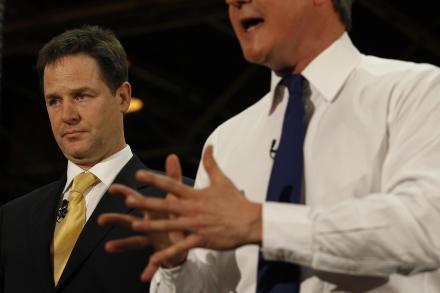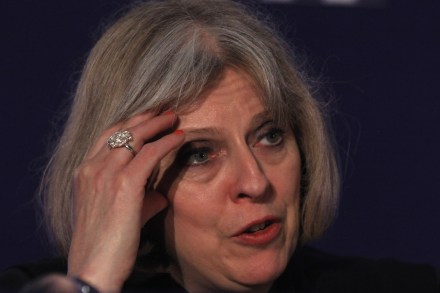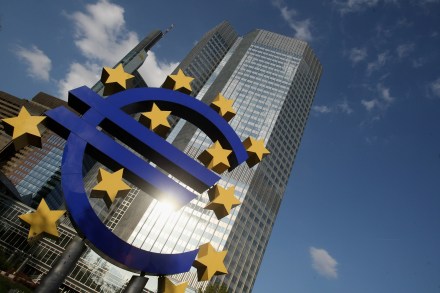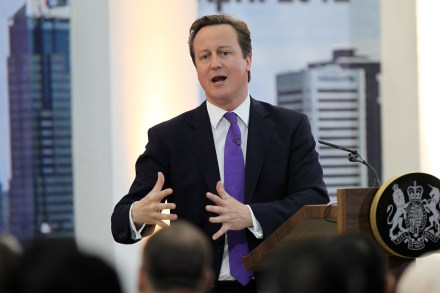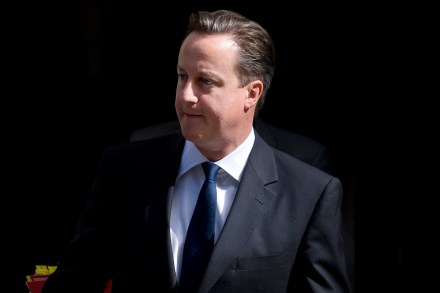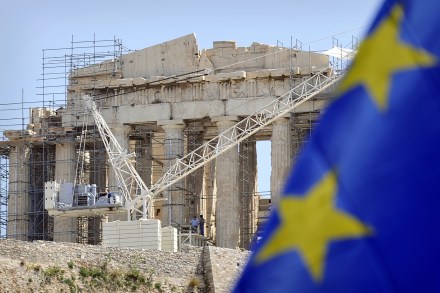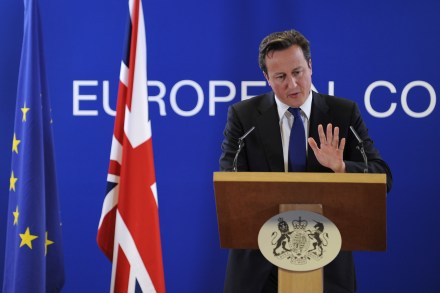Let’s show Eurovision some respect
There are calls for Britain to pull out of the Eurovision Song Contest, after Engelbert Humperdinck finished second-last on Saturday, with Norway bottom. The Mayor of Leicester has today denounced Eurovision, saying: ‘The politics of Europe — which countries are friendly with which others — has a lot more to do with it than the quality of the songs.’ I agree: politics are involved and it is outrageous. Had George Osborne not given Ireland that £3.2 billion loan we would not have had its four points and Britain would be where it deserved: at the very bottom. We were dismal, and in the eyes of half a billion people. But



